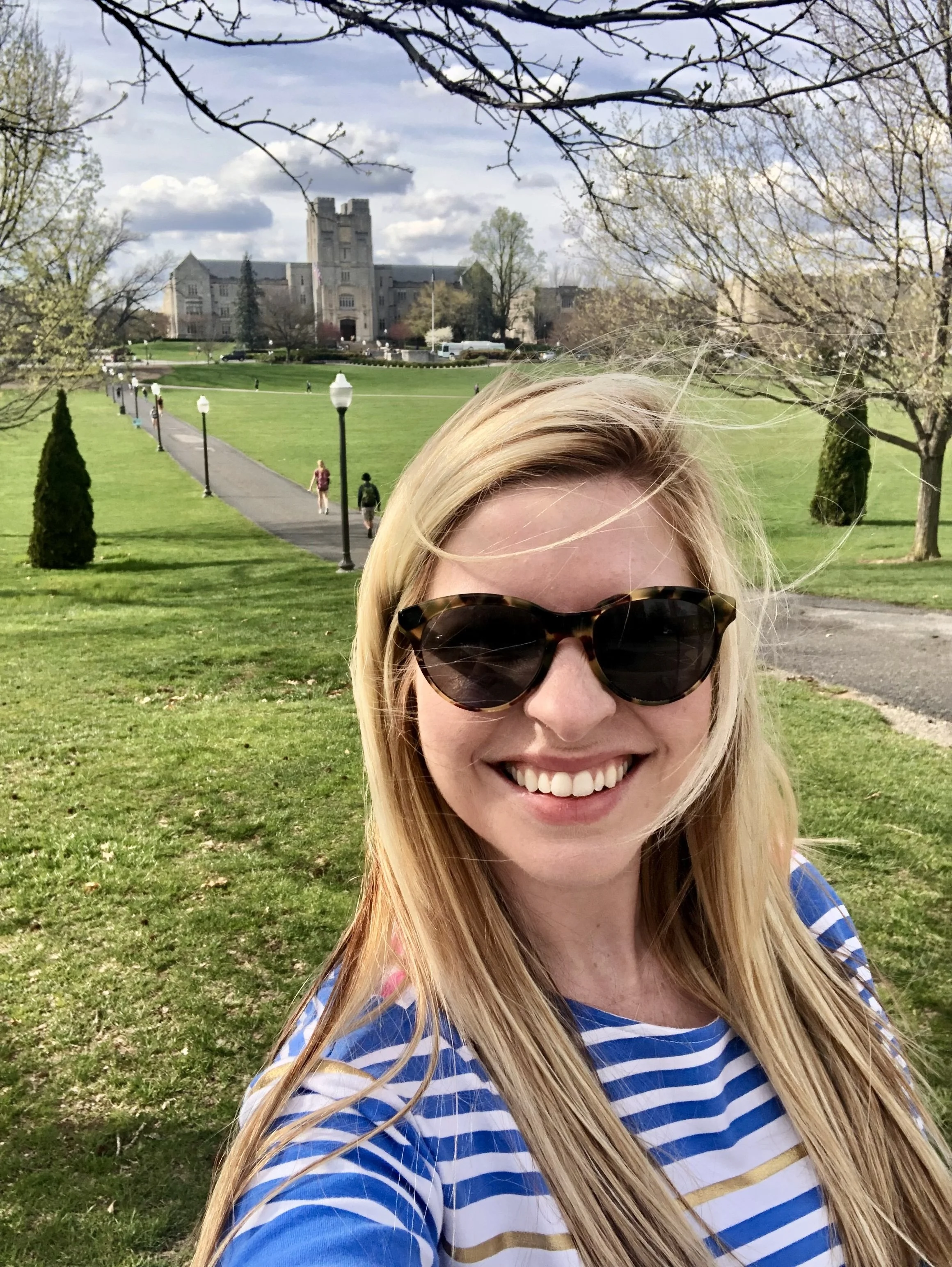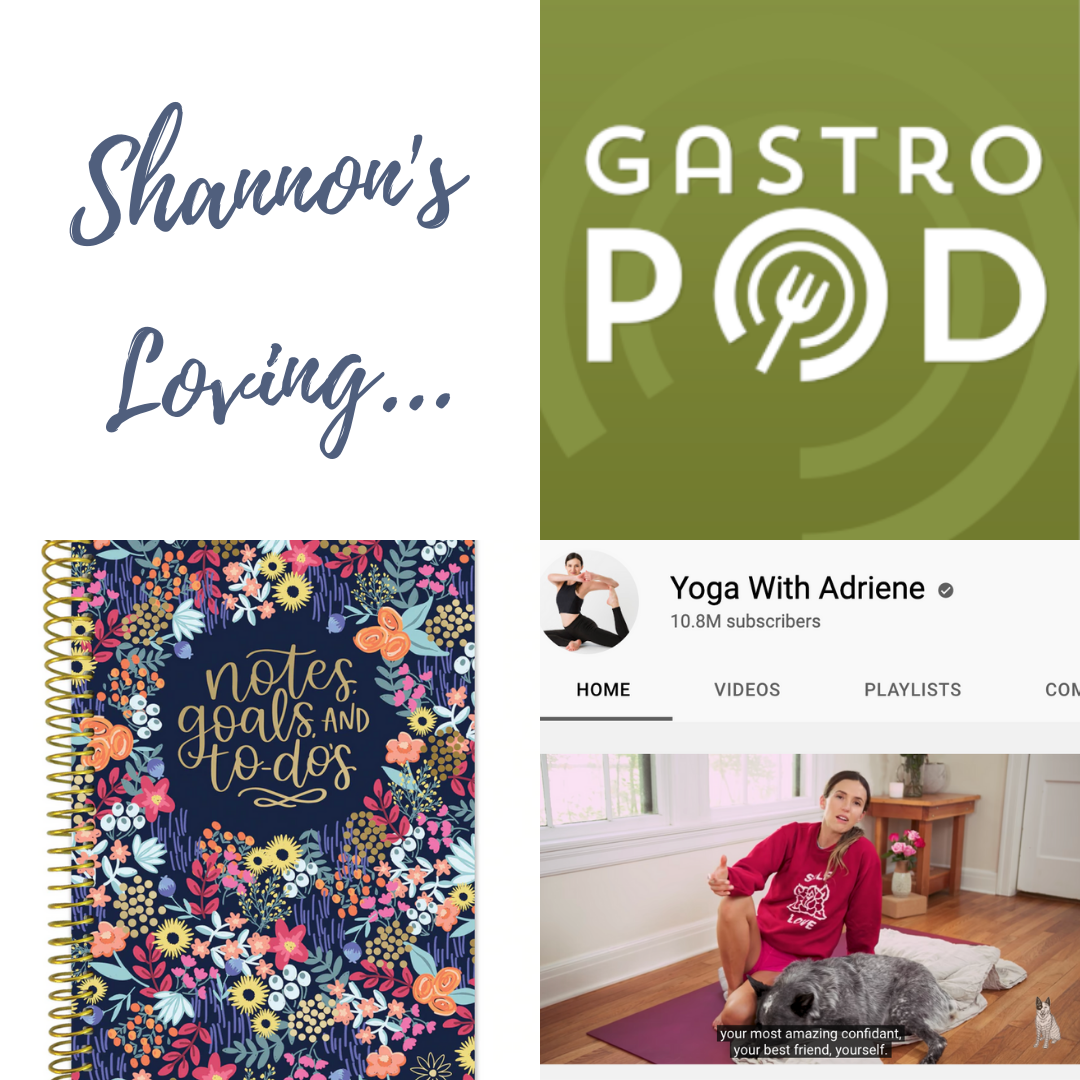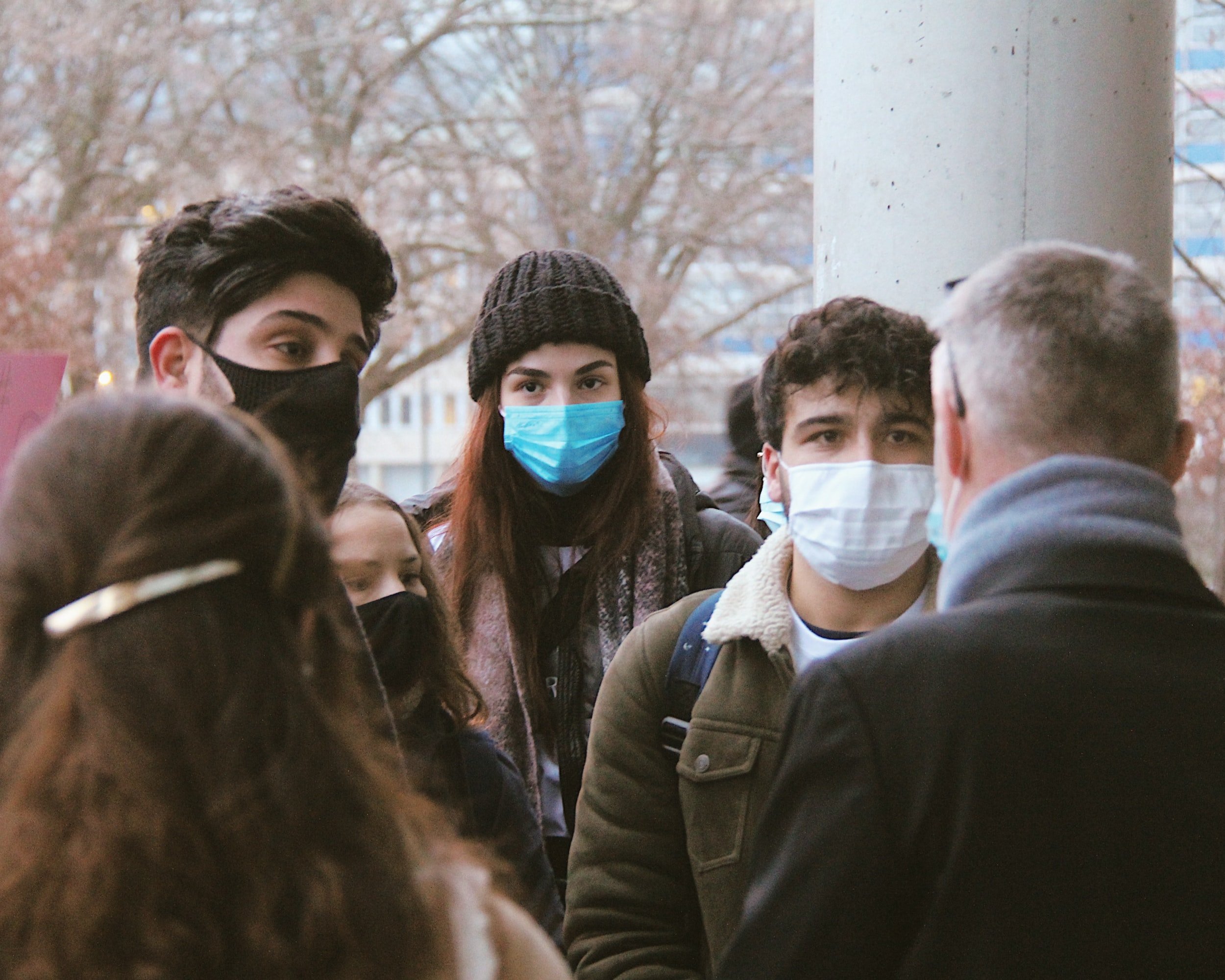“Back in our dorm days…”
Some of us climbed up on our desks to get into our bunks each night and endured our feet hitting the wall (a very real residential problem for tall people like Staci and Shannon). It was normal to share a single, tiny closet with a roommate and a bathroom with thirty others. Cinder block walls were often covered with “Starry Night” posters and cork board picture collages; there was no Pinterest to inspire decor. Waking up early to avoid shower lines was essential, as was stockpiling quarters for the laundry room.
For decades, college dorms had a reputation for being small, no-frills spaces. They were, by definition, simply a collection of rooms for sleeping. In fact, the discomforts of dorm life were often viewed as a rite of passage for young adults.
But that’s not the case anymore. In recent years, dorms have taken on much more importance in the college experience. Traditional dormitories have morphed into dynamic living communities, complete with modern amenities and the comforts of home–or in some cases, comforts much greater than home.
Why the shift?
In a world of staying six feet apart, COVID is having a significant impact on how colleges and universities reimagine communal living spaces. There is a recent push for germ-reducing technology, such as keyless entries and state-of-the-art air purification systems, in addition to blueprints that allow for social distancing. For many schools, this means overhauling the standard 2-3 person room set-up and reducing overly-shared bathroom areas.
But it’s not just the pandemic restyling college dorms. With depression, anxiety, and stress on the rise, colleges and universities are focused on mental health more than ever. Schools aren’t just expanding counseling services and offering new wellness programs - they’re also creating more residential options. Special interest housing, living-learning communities, and a variety of suite-style living arrangements are allowing schools to better address student diversity while empowering undergrads to select the living environment that’s right for them.
Trends in campus housing:
Here are just a few of the changes we are tracking as college dorms are reimagined
More privacy:
Let’s face it. Living in such a small space with a complete stranger isn’t always ideal–even if you love your roommate. Colleges and universities are embracing the call for more ‘me-time’ (and fewer germs) by adopting suite-style layouts and offering more single-room options. At schools like Wash U and High Point University, first year students can even end up with their own private bathrooms!
More community:
Although students might be craving more privacy, that doesn’t mean dorm living has to be a solitary experience. Several schools, like Franklin and Marshall College, have taken a page from Harry Potter to institute new residential college systems. No, this isn’t a new idea– Yale has had their residential college system in place since the 1930s- but there’s definitely a trend in building distinct community identities where students feel a sense of belonging (and a bit of competition).
And of course there are plenty of other ways colleges and universities are tightening residential bonds. Living-learning communities and special interest housing, in particular, are increasing in popularity. These housing options connect students with shared interests who want to live, collaborate, and maybe even advocate with other enthusiastic undergrads. To spark even more passion, many schools provide theater rooms, workshop spaces, and an exhaustive list of activities and field trips to unite students. At RIT’s Engineering House, for example, students take part in ski weekends and plan projects for the ImagineRIT Festival.
We also love the creative (sometimes outrageous) ways colleges and universities are using common spaces to bring people together. MIT is famous for Simmons Hall, where students can create lounges, play video games, and even successfully propose the installation of a ball pit! And in the Callaway House at University of Texas, Austin, friendships are formed at the rooftop pool and arcade room.
More comfort:
As dorms modernize, they are becoming more comfortable. Clunky wooden furniture is being replaced by sleek, minimal styles, and rooms are being rearranged to include living areas–even in the privacy of their own rooms. Many schools are adding culinary options to dorm buildings as well, from stainless steel kitchens to organic markets. If you’re lucky enough to reside at Loyola University’s Newman Towers, you might even get your own walk-in closet!
More choice:
Gone are the days of the one-size-fits all approach. Students come to campus with a unique range of needs, interests, and lifestyles, and schools are acknowledging this diversity. We’re glad to see so many more options for undergrads as they make important decisions about where, how and with whom to live.



















































